Indigenous Governance Database
IGD Database Search
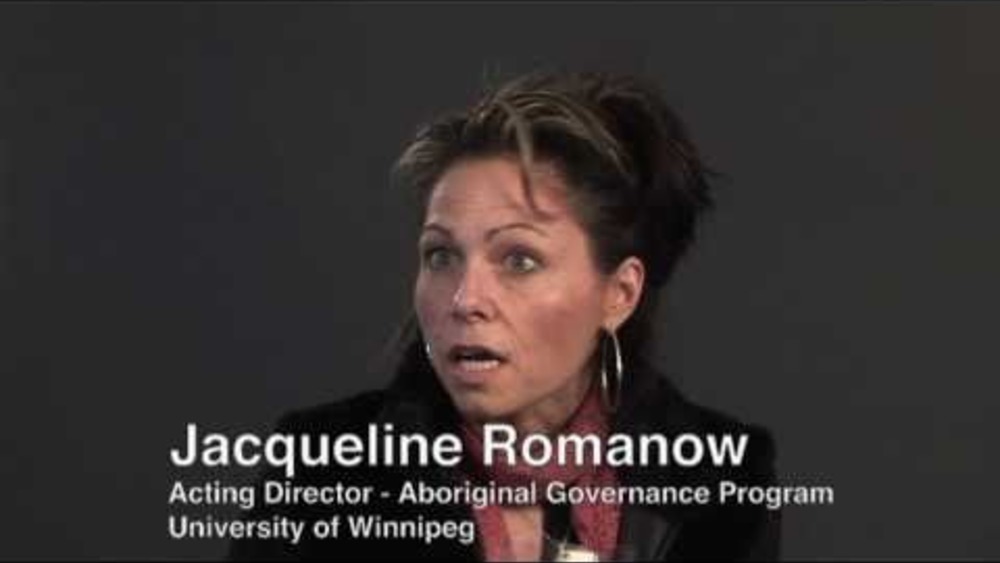
NCFNG: Implementing Independent Governance
This video, taken from a 2008 conference hosted by the National Centre for First Nations Governance, provides some perspective on the question: "How does a First Nation implement their right to self-governance?"
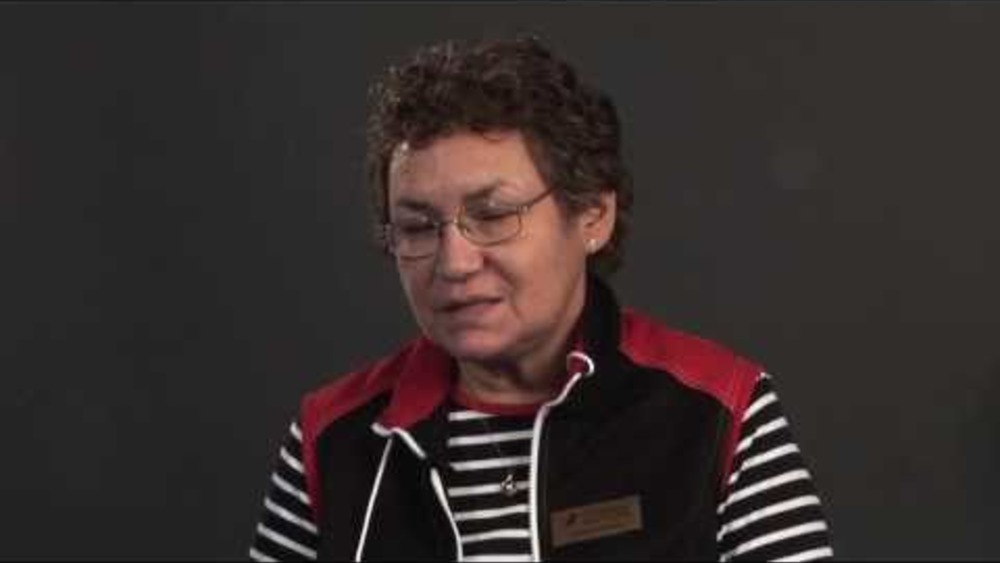
NCFNG: Governance and Cultural Match
Taken from a 2008 event hosted by the National Centre for First Nations Governance, this video looks at the question: "How does a First Nation match governance with their culture and traditions?"
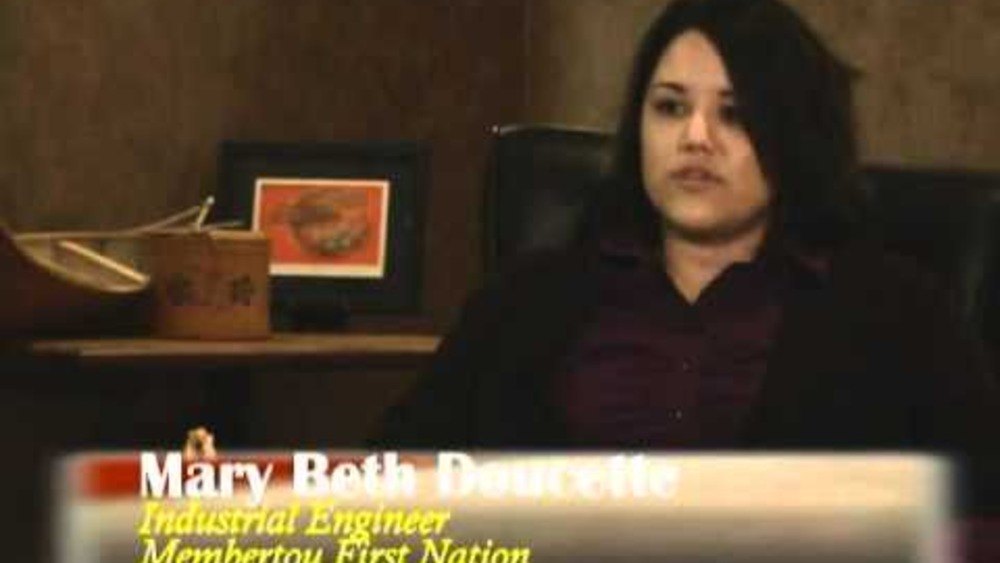
MOU Membertou Circle of Governance
This short documentary looks at the Membertou First Nation and their efforts to become debt-free, attract new development to their area, and eliminate government dependency.

Membertou First Nation
This short documentary introduces the Membertou First Nation and explains how it freed itself from government dependency. The summary provided on the webpage with the video states: Through the marriage of indigenous knowledge and modern business practises, the Membertou First Nation has created…

IWCL Case Study: Membertou First Nation
This is a documentary produced by the Coady International Institute and is part of their "Indigenous Women in Community Leadership" series. The video is described on their website as follows: "The community of Membertou has come a long way to be crowned the "jewel of Cape Breton". Once a small and…
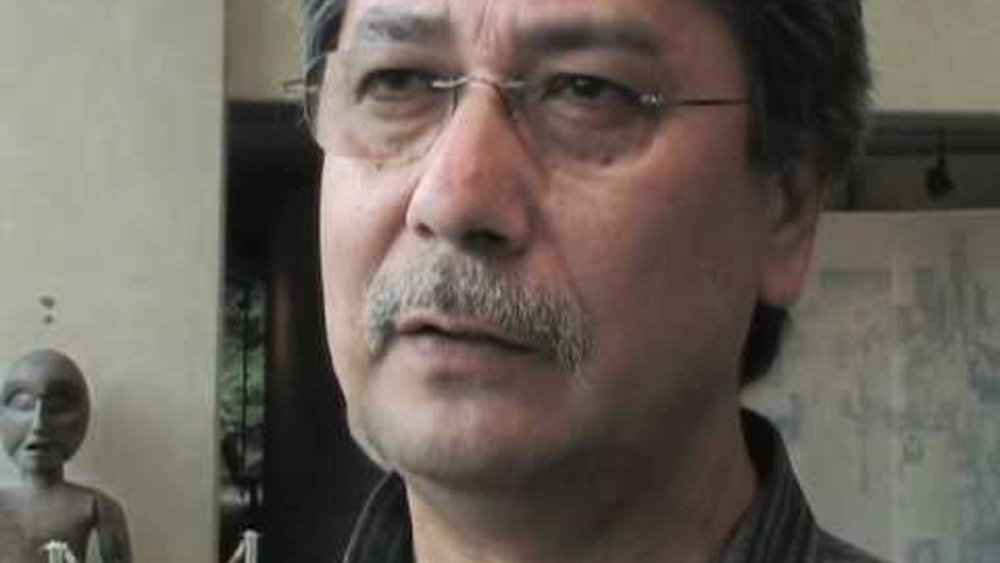
NCFNG: Youth and First Nation Governance
Satsan (Herb George), President of the National Centre for First Nation Governance, talks about the importance of involving youth in Nation Rebuilding.
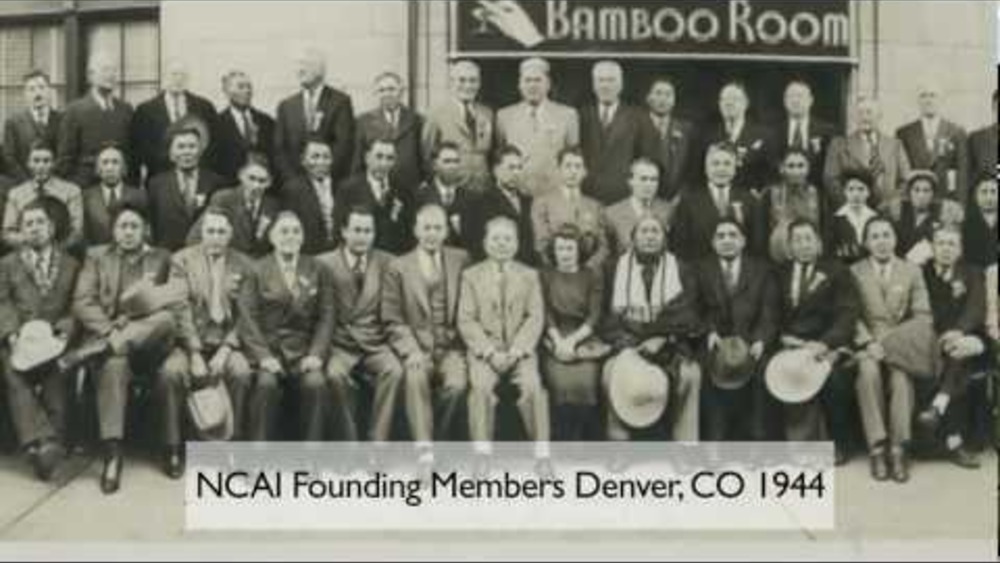
NCAI - Footprints into the Future - 68th Annual Convention and Marketplace in Portland, Oregon
The National Congress of American Indians, founded in 1944, is the oldest, largest and most representative American Indian and Alaska Native organization serving the broad interests of tribal governments and communities. NCAI has grown over the years from its modest beginnings of 100 people to…
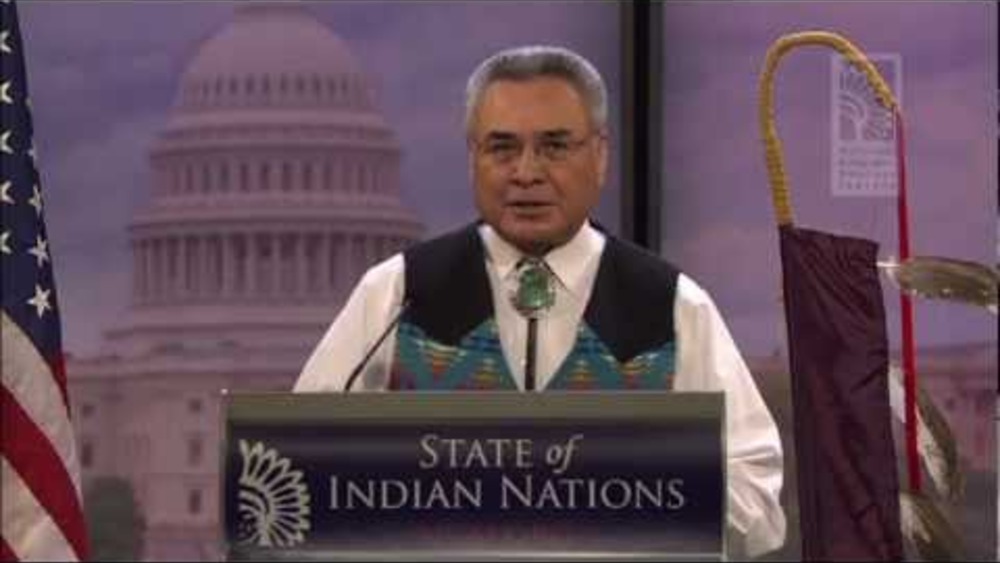
2012 NCAI State of Indian Nations
Jefferson Keel, President of the National Congress of American Indians (NCAI) delivers the 2012 State of Indian Nations Address. The nationally webcast and radio address delivered just days after the 2012 State of the Union Address by President Obama, charts a path for tribes to play a vital role…
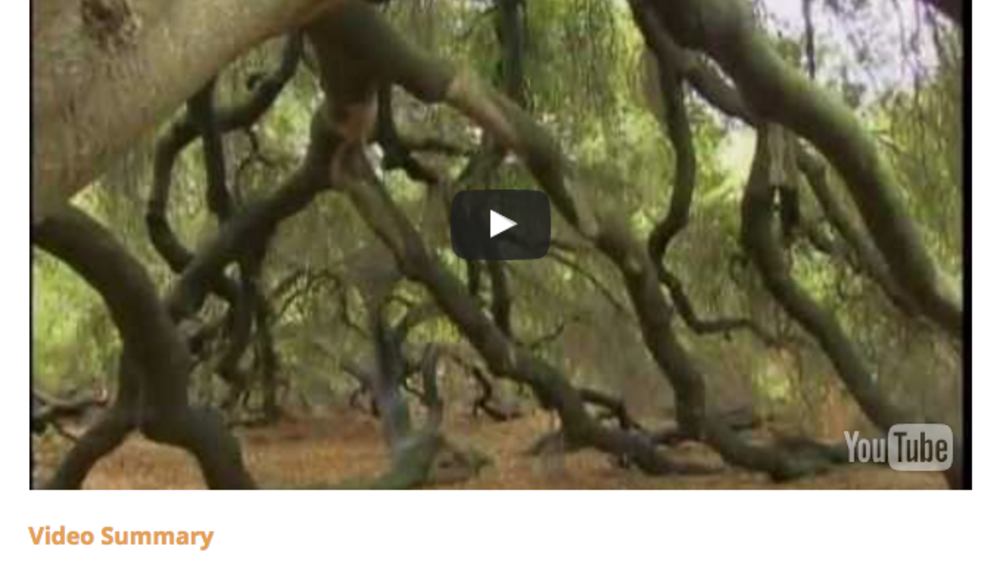
Native Report: The Agua Caliente Band of Cahuilla Indians and the City of Palm Springs
This episode of Native Report examines the unique relationship between the Agua Caliente Band of Cahuilla Indians and the City of Palm Springs, California, casting much-needed light on the benefits of intergovernmental cooperation. (Segment placement: 1:17 - 8:44)
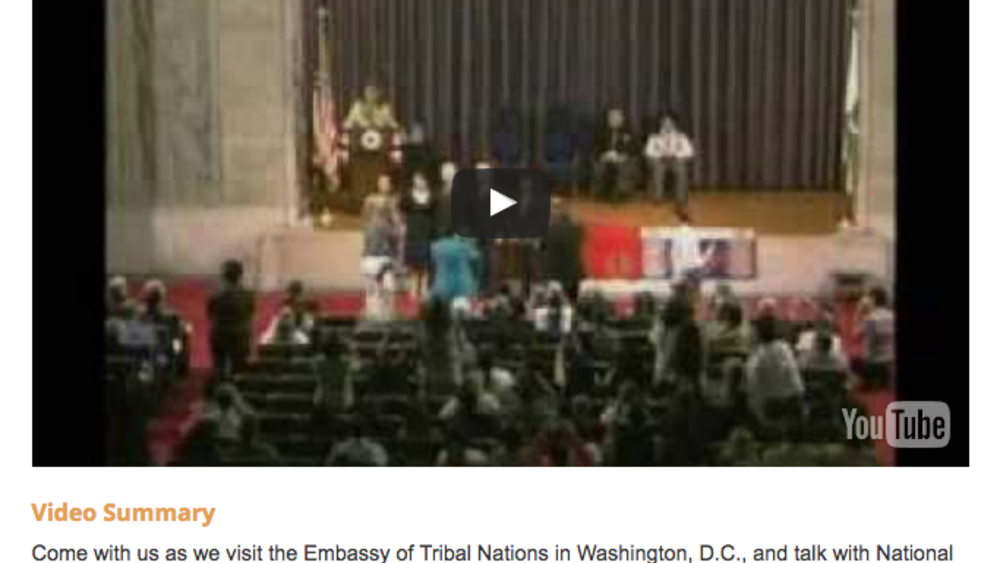
Native Report: Season 5: Episode 4
Come with us as we visit the Embassy of Tribal Nations in Washington, D.C., and talk with National Congress of American Indians President Jefferson Keel about its significance. We'll also meet Assistant Secretary of Indian Affairs Larry Echohawk about his first year in office. Then we'll sit down…
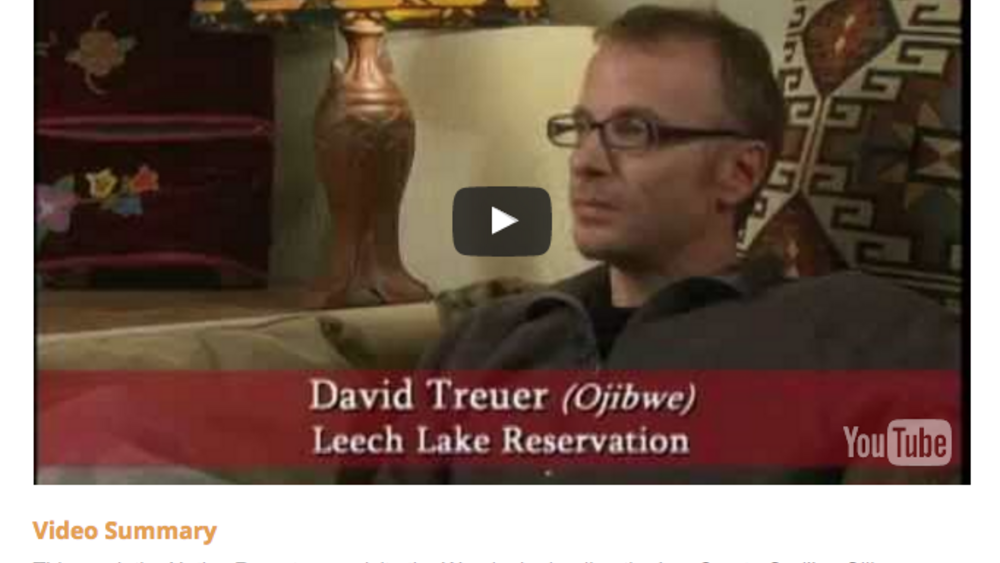
Native Report: Season 5: Episode 5
This week the Native Report crew visits the Waadookodaading the Lac Courte Oreilles Ojibwe language immersion school. Also come with us to the Honor the Earth Powwow, one of the largest and oldest powwows in the region. And we talk with noted writer David Treuer and hear his thoughts on Native…
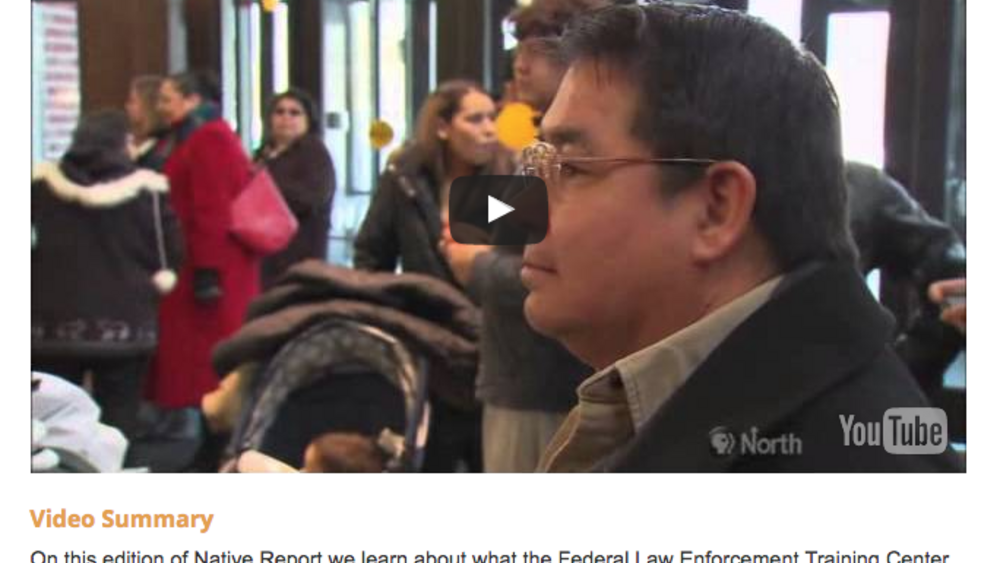
Native Report: Season 6: Episode 7
On this edition of Native Report we learn about what the Federal Law Enforcement Training Center is and why it's important to native people. We travel to the Bois Forte Band of Chippewa to learn about why a State of the Band Address matters to the people of the community and their neighbors; and we…

Native Report: Sister Sky
This edition of Native Report profiles Sister Sky, an innovative Native American company that is really owned by two sisters. (Segment placement: 8:33-15:40)
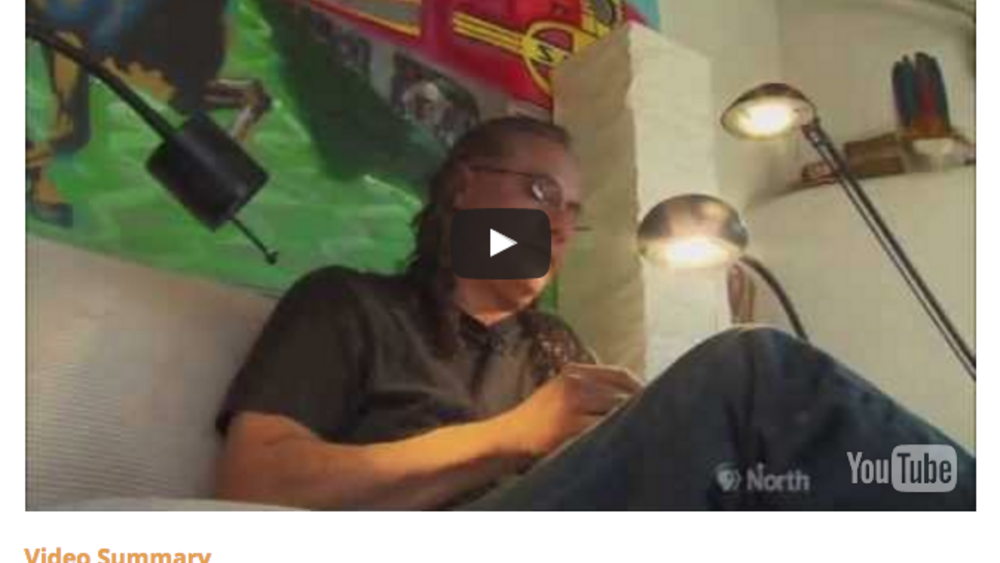
Native Report: Scott Davis
On this edition of Native Report, meet Scott Davis Executive Director for North Dakota's Indian Affairs Commission. (Segment Placement: 17:56-25:27)
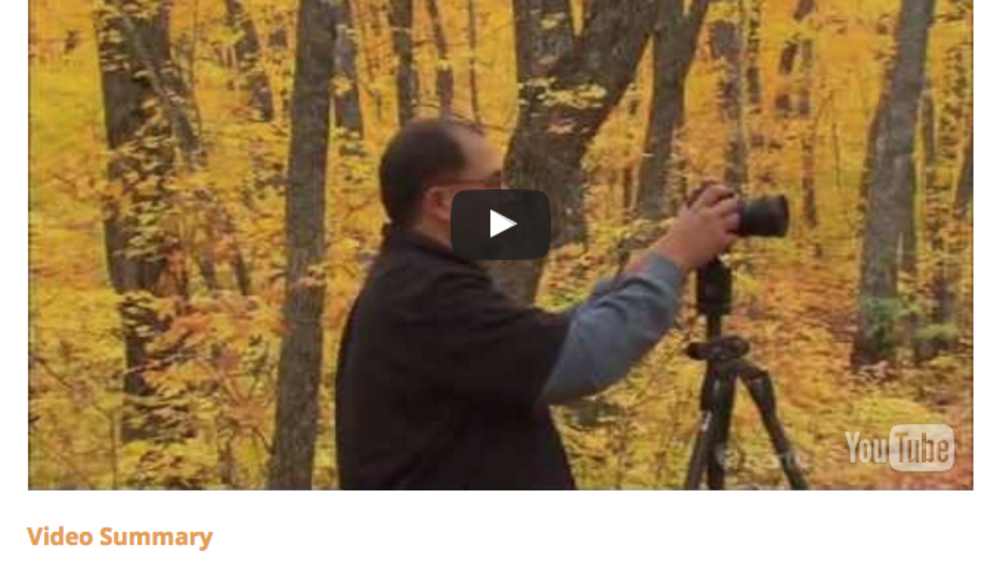
Native Report: Jodi Gillette
On this edition of Native Report meet Jodi Gillette, Deputy Associate Director with the White House Office of Intergovernmental Affairs. (Segment placement: 18:45-25:32)
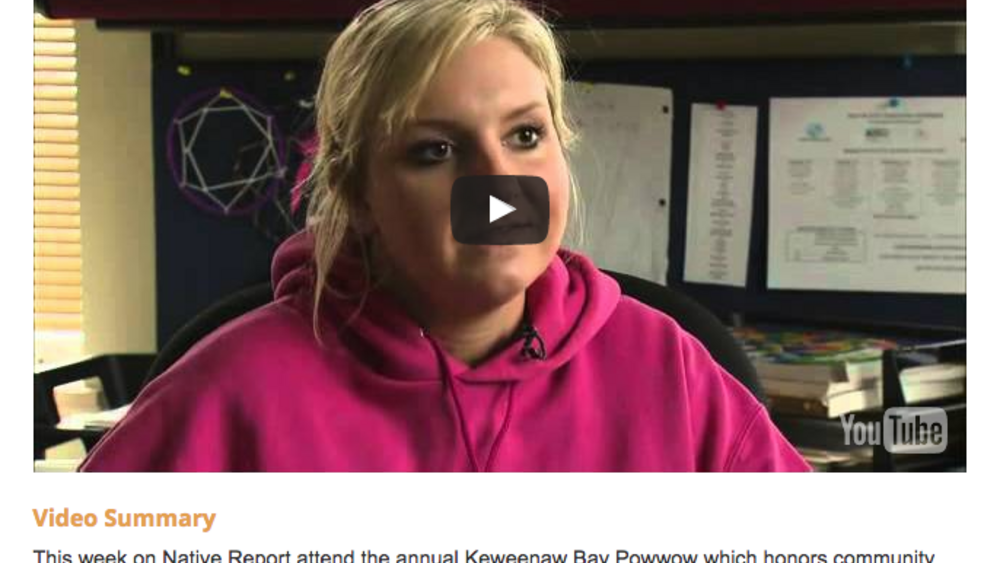
Native Report: Bush Foundation: Native Nation Rebuilders
On this edition of Native Report learn about the Bush Foundation's investment in sustaining the vitality of 23 Native communities across Minnesota, North Dakota, and South Dakota. (Segment placement: 18:42-25:32)
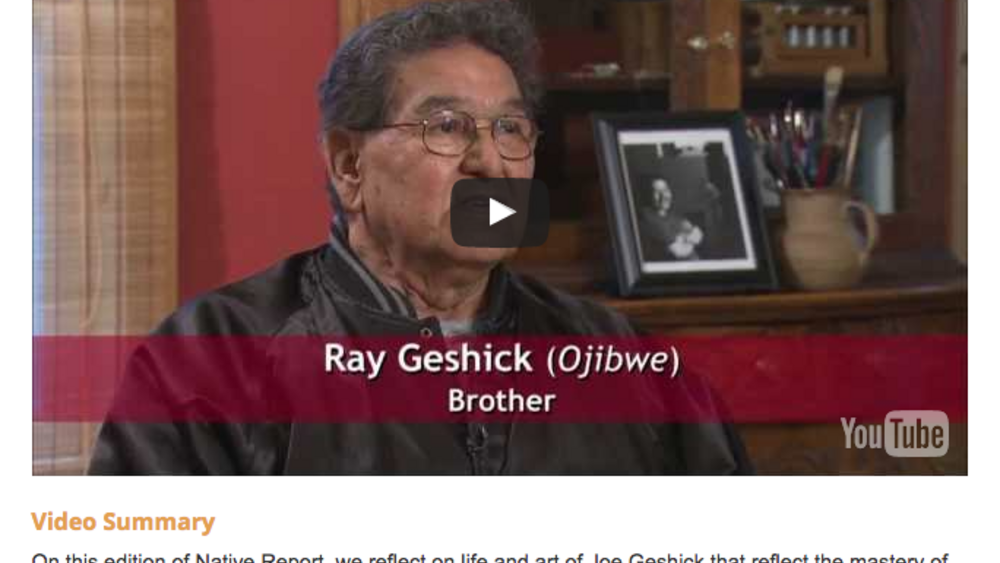
Native Report: Caricieri Decision
Native Report tackles the Caricieri Decision, a complex legal ruling that touches on issues of sovereignty, Indian gaming and the placement of tribal lands into "trust status."
Joseph P. Kalt: The Nation-Building Renaissance in Indian Country: Keys to Success
Harvard Project on American Indian Economic Development Co-Director Joseph P. Kalt presents on the Native nation-building renaissance taking root across in Indian Country, and shares some stories of success.
Stephen Cornell: Two Approaches to Building Strong Native Nations
Harvard Project on American Indian Economic Development Co-Director Stephen Cornell presents the research findings of the Harvard Project and the Native Nations Institute, specifically the two general approaches that Native nations pursue in an effort to achieve sustainable community and economic…
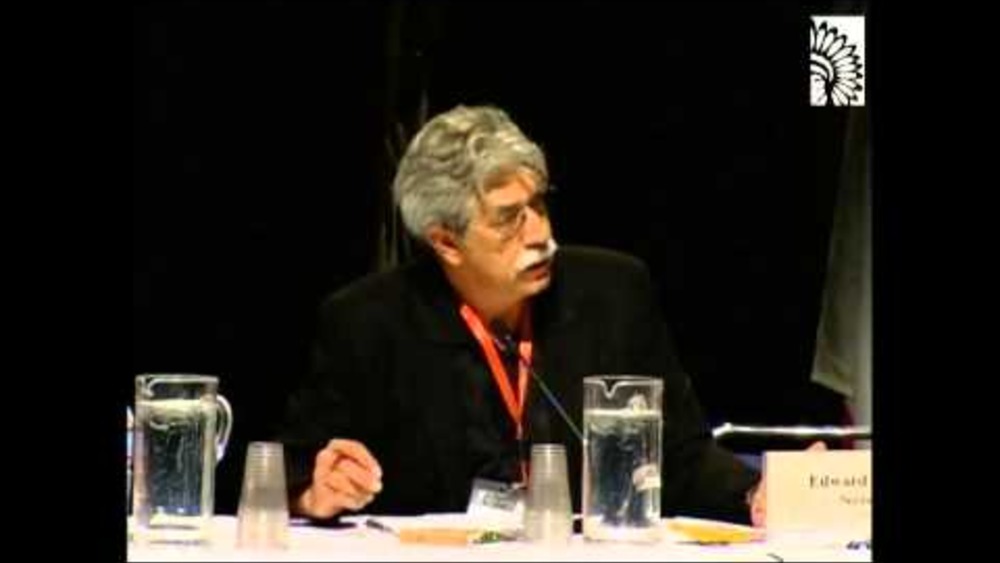
Melvin L. Sheldon: Refining Our United Vision
Melvin L. Sheldon, Chairman of the Tulalip Tribes, provides an overview of Tulalip's building of a sustainable, diversified economy, and discusses some of the important steps Tulalip took to create a commercial environment capable of supporting business success.
Pagination
- First page
- …
- 68
- 69
- 70
- …
- Last page
